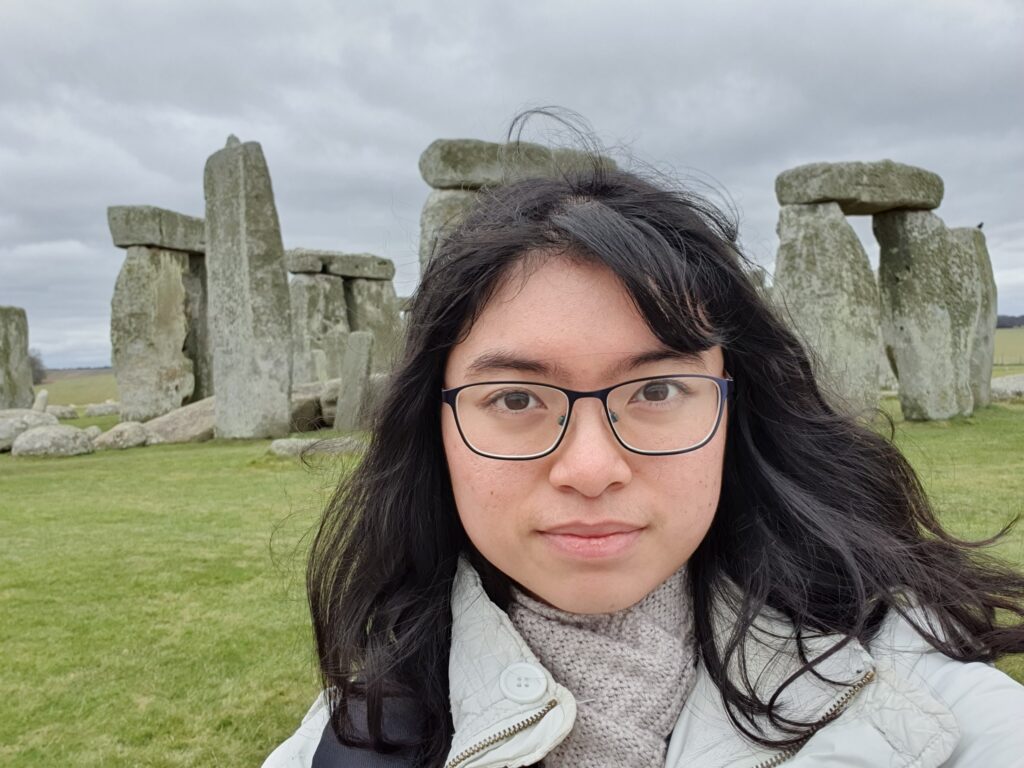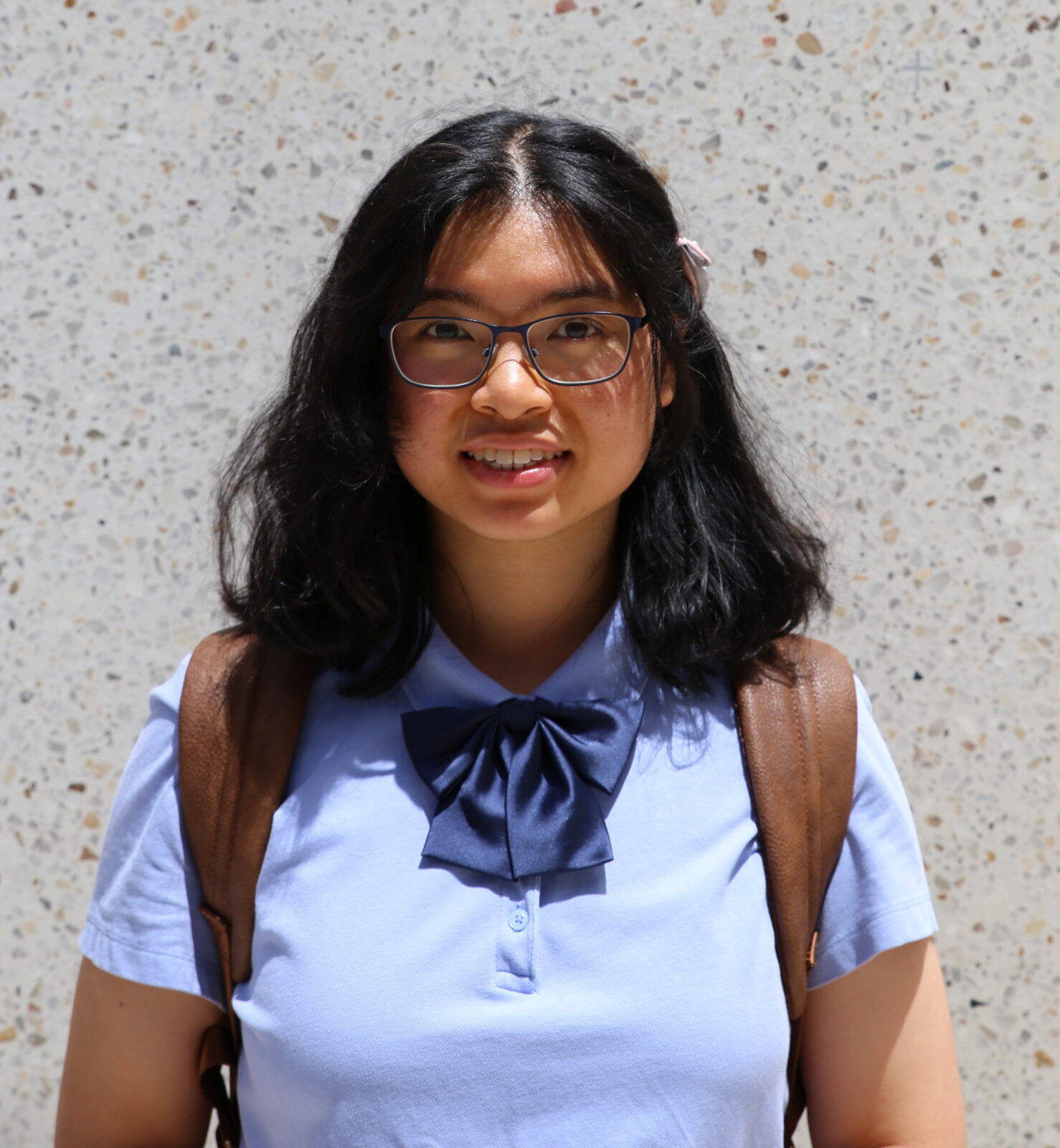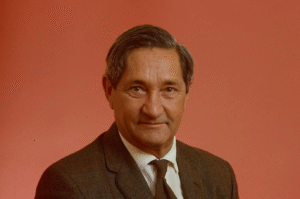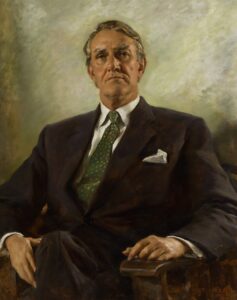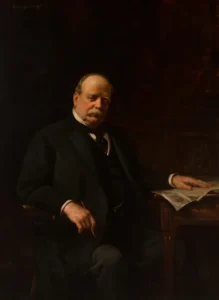‘Em cũng là người Việt, hả?’ Andy Ngô loops a coral pink scarf over a grey tartan blazer. We are chatting after an event in a Westminster Café.
‘Dạ, em là người Việt,’ I shift to let another attendee pass. Why does this atmosphere feel familiar, something so… Nhẹ nhàng?
‘This is the first time I’ve spoken Vietnamese in my public life. I only use it with my family,’ he says. Of course: Andy and I resemble youths in pre-1975 Saigon: our reserved manner, the way we refer to each other as anh/em, down to our fluffy hair styles that better resemble my parents’ old photos than today’s airbrushed K-pop posters.
I search Andy’s name in Google on the train ride home, skimming the words: ‘antifa’, ‘Portland’, ‘fascist grifter’, ‘provocateur’— how can someone with such a gentle aura embody the mainstream media’s depiction of a malevolent troll? I scroll past the criticisms, trying to confirm my initial impression. Did my immediate sense of trust signal astronomical naivety or moral depravity? I cannot decide which is worse.
*
During a weekend trip to Salisbury, a series of signs promising cakes, coffee and tea lead me into a local cathedral. The concrete space beside the pews is lined with blue gingham tablecloths spread over foldable tables. After ordering a warm cheese scone and tea, I sit beside an elderly local named Jane and introduce myself.
‘Are you religious?’ Jane’s fingers tremble as she removes the tea bag from her cup. The gemstone on her wedding ring catches the light. Her husband’s death was five years ago.
‘Only my mother is Catholic,’ I speak louder when she leans forward with a hearing aid-fitted ear. The echo through the stain glass images and wooden beams makes me self-conscious, ‘although I find some of the parables very illuminating.’
I cite the story of Mary Magdalene, an adulteress who was doomed to death by stoning. Jesus spared Magdalene’s life by telling the crowd, ‘Anyone who has no sin in their life should step forward and throw the first stone.’ Magdalene became one of Jesus’ loyalist allies, accompanying him through his crucifixion and resurrection.
‘I have a soft spot for stories like that: two disgraced characters recognise each other’s goodness,’ My fork cracks through the scone’s crispy shell. The prongs clank upon contact with the plate beneath, ‘and their friendship transcends society’s fickle moral standards.’
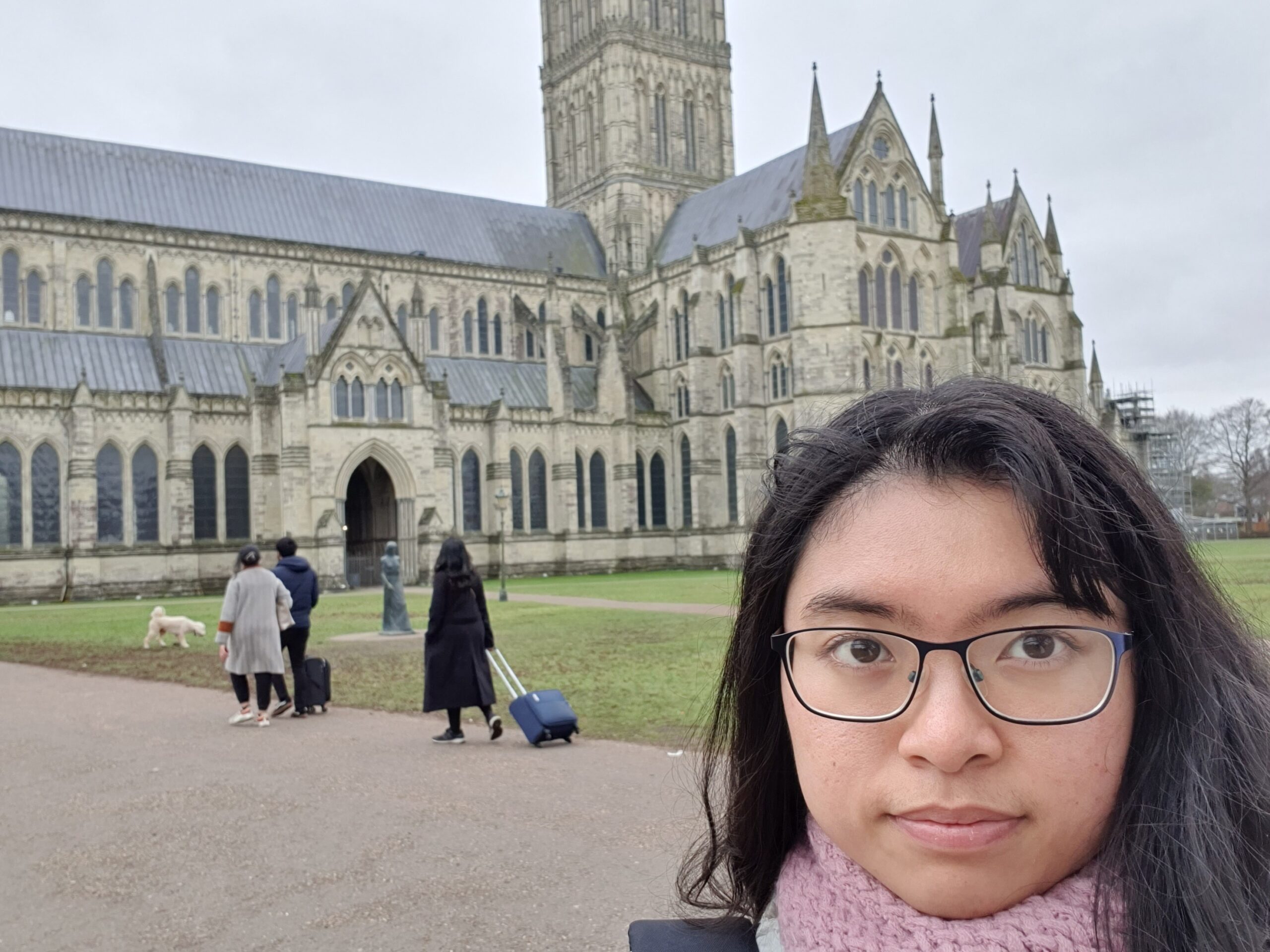
At Salisbury Cathedral.
An extremist segment of the political Left prides itself on #compassion and parades mottos like #bekind and anti-racism. Yet their kneejerk reaction to perceived opponents is to deem them morally untouchable and parrot slander from the same media. Activists like Andy Ngô and democracy promoters in Communist countries could turn out to be scam artists. But they could also be Victor Kravchenkos: hindsight allows us to recognise Kravchenko’s bravery for exposing life behind the Iron Curtain. But in Kravchenko’s own day, Soviet peers hunted him while many Communist-sympathising American elites accused him of selling out to capitalist luxuries.
A goose in St James Park initiates a staring competition during my lunch break. I acquiesce, examining its nostril set in a tangerine beak. Sometimes, I wonder: if the time comes, will anyone defend me at my reputational stoning?
*
‘The Tory Party doesn’t care about the history of recession,’ an office peer explains as I tell him about the latest breakthrough for my assigned research task, an investigation of reasons behind post-COVID economic inactivity among 18- to 25-year-olds in the UK.
‘Don’t you see?’ I scroll through my university’s catalogue of journal articles on employment scarring and attitude changes among youth throughout history’s recessions, ‘I’ve been tunnelling into post-COVID literature. But researchers from previous recessions have worked this out already! You know, I had to keep checking the date on Fryer’s 1998 paper on mental health during economic insecurity: his observations about post-recession morale matched so well with COVID!’
‘That’s so academic…’ he laughs at his screen.
‘It’s amazing though, isn’t it?’ History cycles through war, famine, depression, totalitarian rule, narratives that seem to spell humanity’s physical and spiritual death. Yet somehow we are still here, capable of seeing into each other’s hearts. If only we try.

